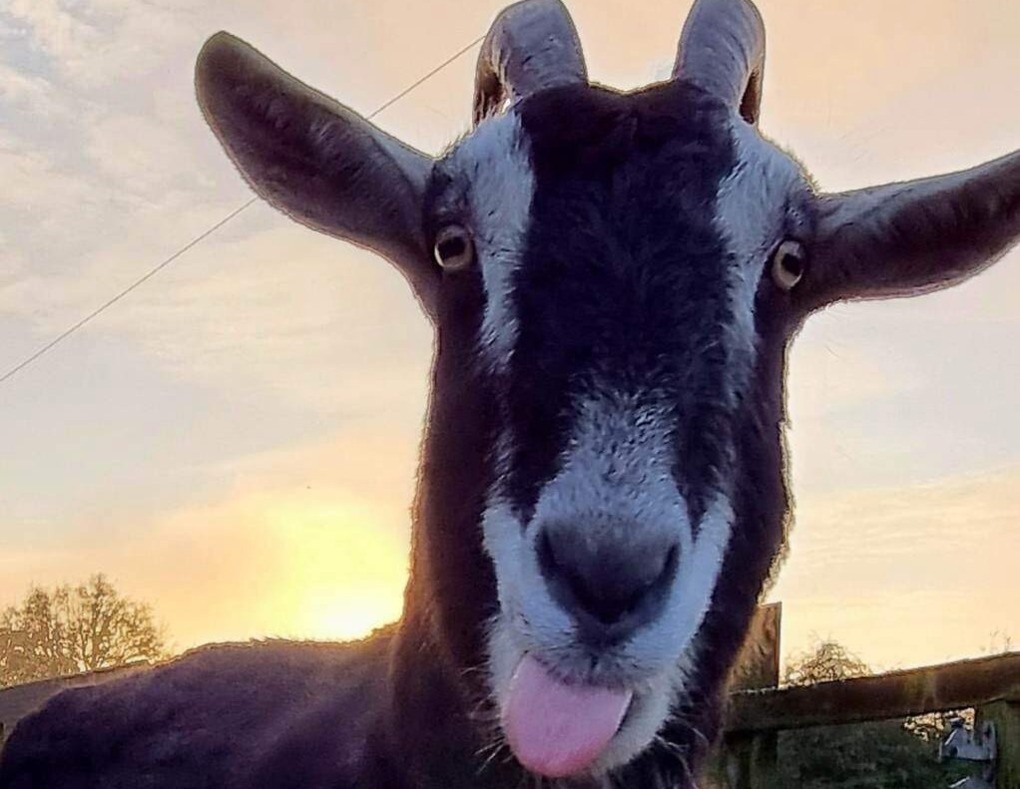Why spaying and neutering matter
Spaying (for females) and castration (for males) are routine surgical procedures that prevent animals from reproducing. Beyond controlling the pet population, these procedures offer significant health and behavioural benefits:
Health benefits:
- Females: Spaying reduces the risk of uterine infections such as pyometra and significantly decreases the chance of developing mammary tumours, which are malignant in about 50% of dogs and 90% of cats. The procedure also eliminates the risk of ovarian and uterine cancers.
- Males: Neutering prevents testicular cancer and reduces the risk of prostate problems.
- Age, size, breed and timing are important factors – always consult with your vet before making any decisions.
Behavioural benefits:
- Females: Spaying eliminates heat cycles, which can result in yowling, frequent urination, and nervous behaviour.
- Males: Neutering can reduce roaming tendencies, aggression, and undesirable behaviours.
- Sometimes neutering can help with some behavioural issues but do have a discussion with your vet as it can also make them worse. For these situations there are other alternatives such as a chemical castration which lasts around six months and will help determine the right course of action for your pet.
Understanding the costs
The cost of spaying or neutering varies based on factors like the animal’s size, age, and your location within the UK. On average, spaying a female dog can cost around £350, while neutering a male dog averages £320. For cats, spaying typically costs between £130 and £150, and neutering ranges from £110 to £130.
Financial assistance
We understand that the cost of these procedures can be a concern. Several organisations offer financial assistance or vouchers to help cover spaying and neutering expenses:
- Cats Protection, RSPCA, PDSA may assist with low-cost neutering for your pet if you meet the criteria for low income.
- Local Councils: Some councils provide schemes to assist with the cost of neutering pets.
Key considerations before the procedure
- Timing: Most pets can be spayed or neutered from around four to six months of age. However, the optimal timing can depend on the species, breed, and individual health of your pet. Consult with your vet to determine the best time for your pet’s surgery.
- Pre-surgery assessment: A thorough veterinary examination is essential to ensure your pet is healthy enough for the procedure.
- Post-surgery care: Follow your vet’s advice on post-operative care, which may include limiting your pet’s activity, monitoring the surgical site, and managing pain.
Join us in making a difference
By choosing to spay or neuter your pet, you’re contributing to the reduction of unwanted litters and supporting the overall health and well-being of your furry companions. This World Spay Day, let’s work together to create a brighter future for animals in our community.
How to rescue 100 cats? Get one spayed!

